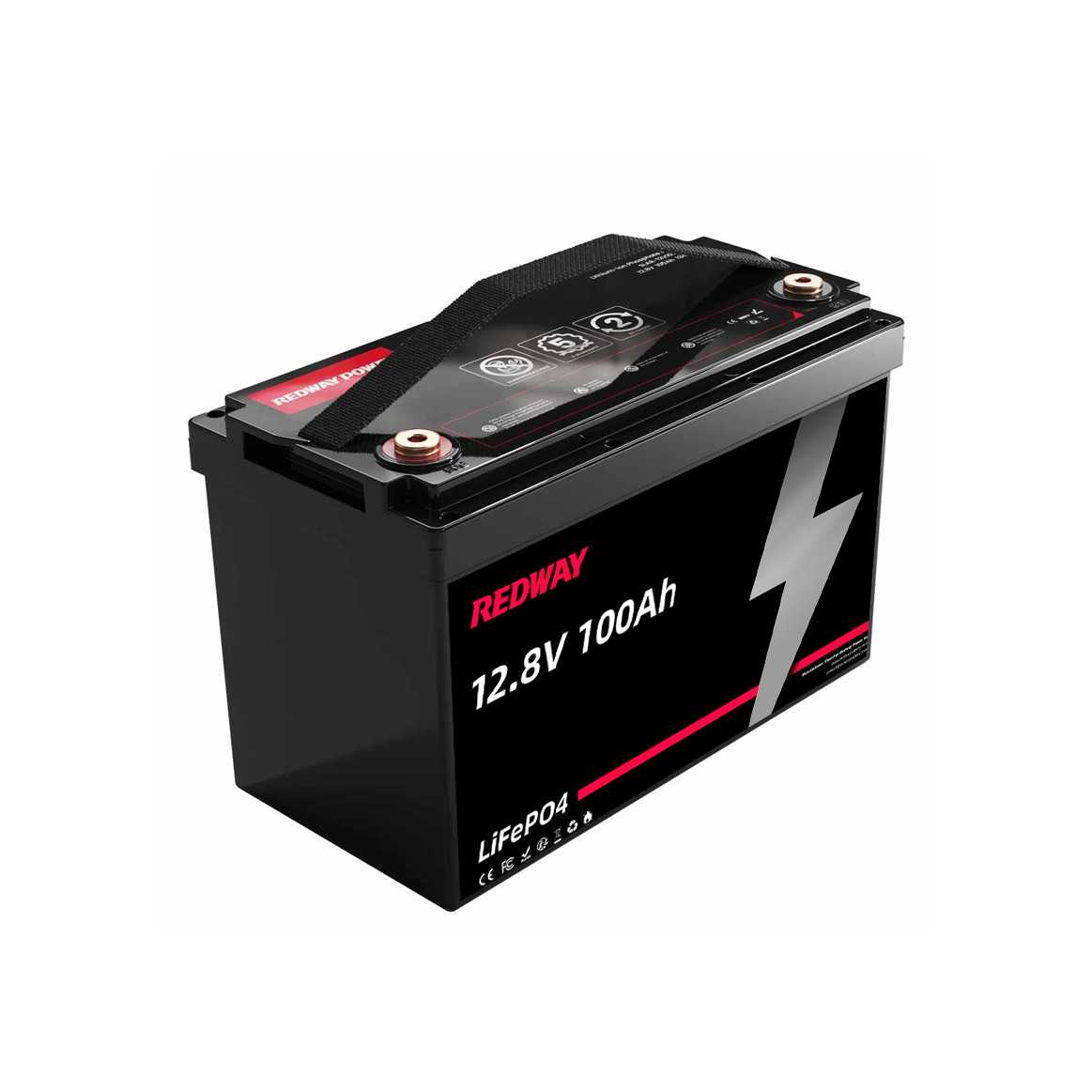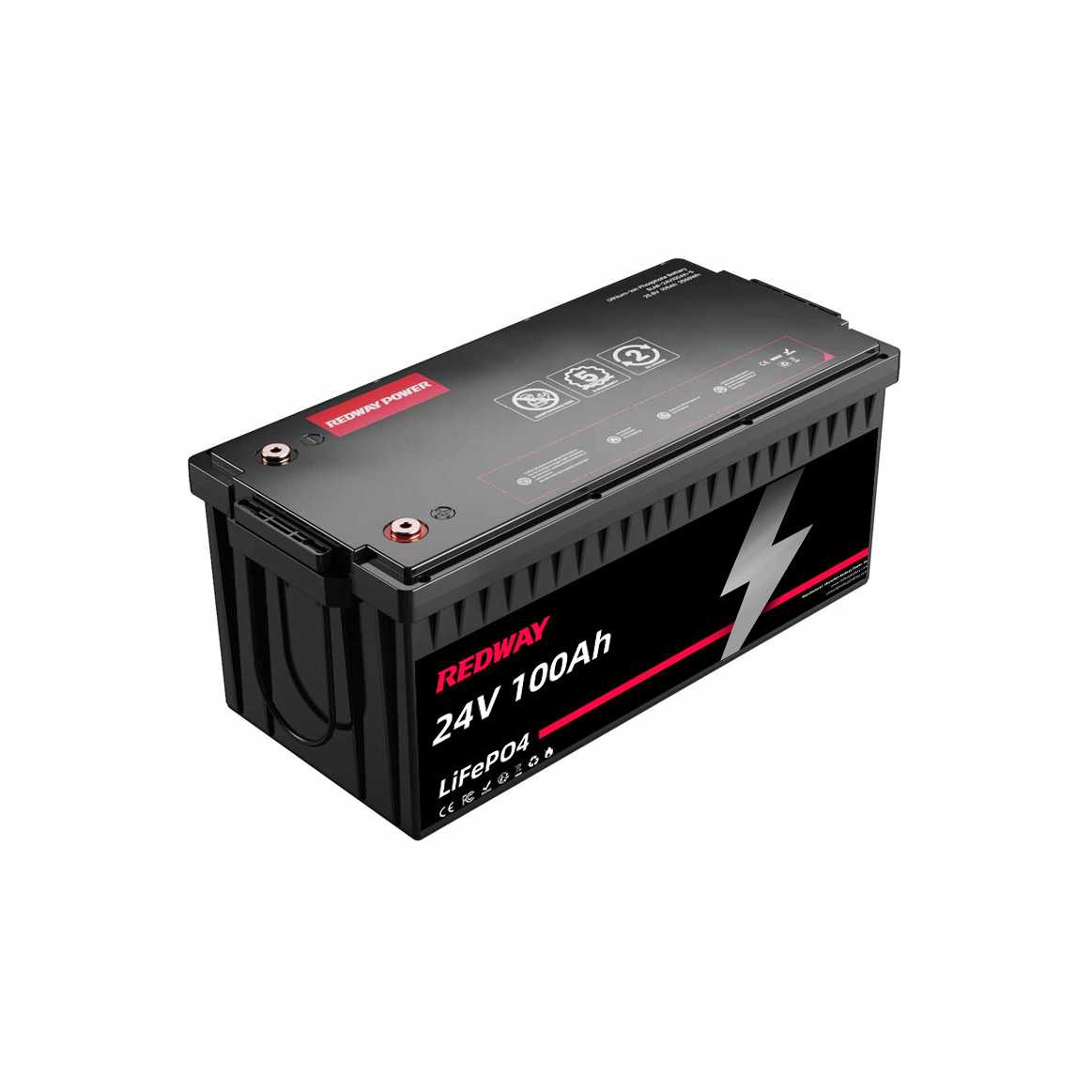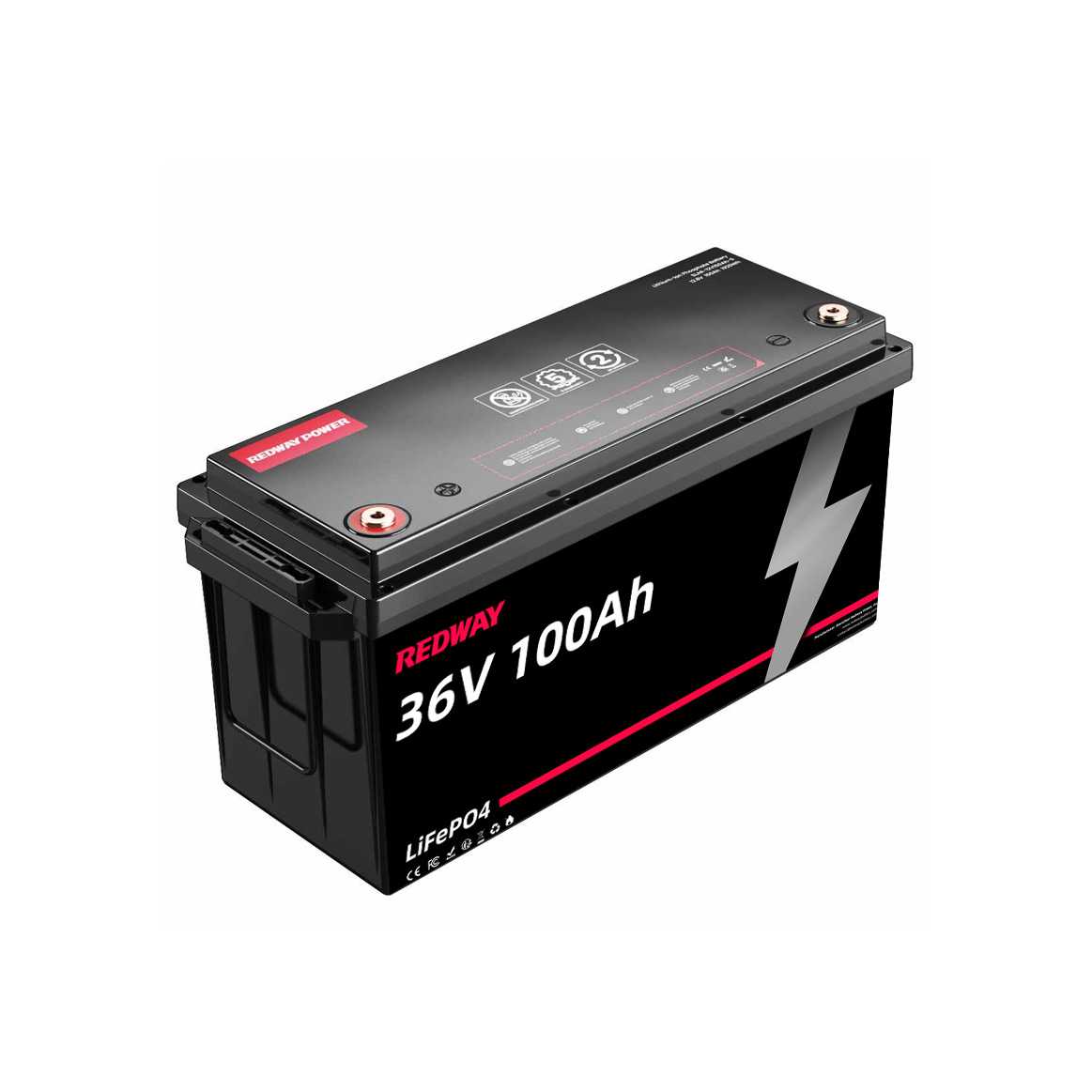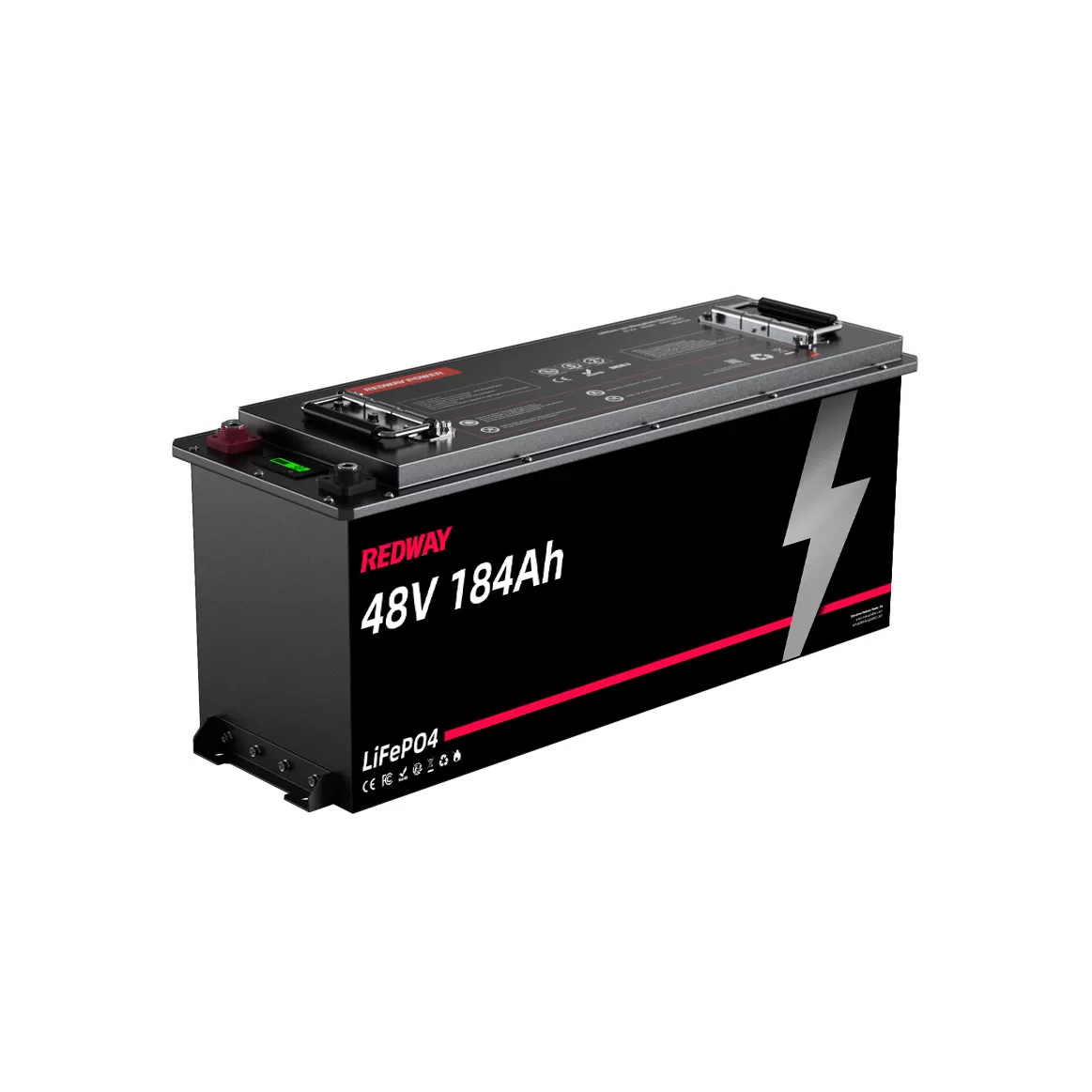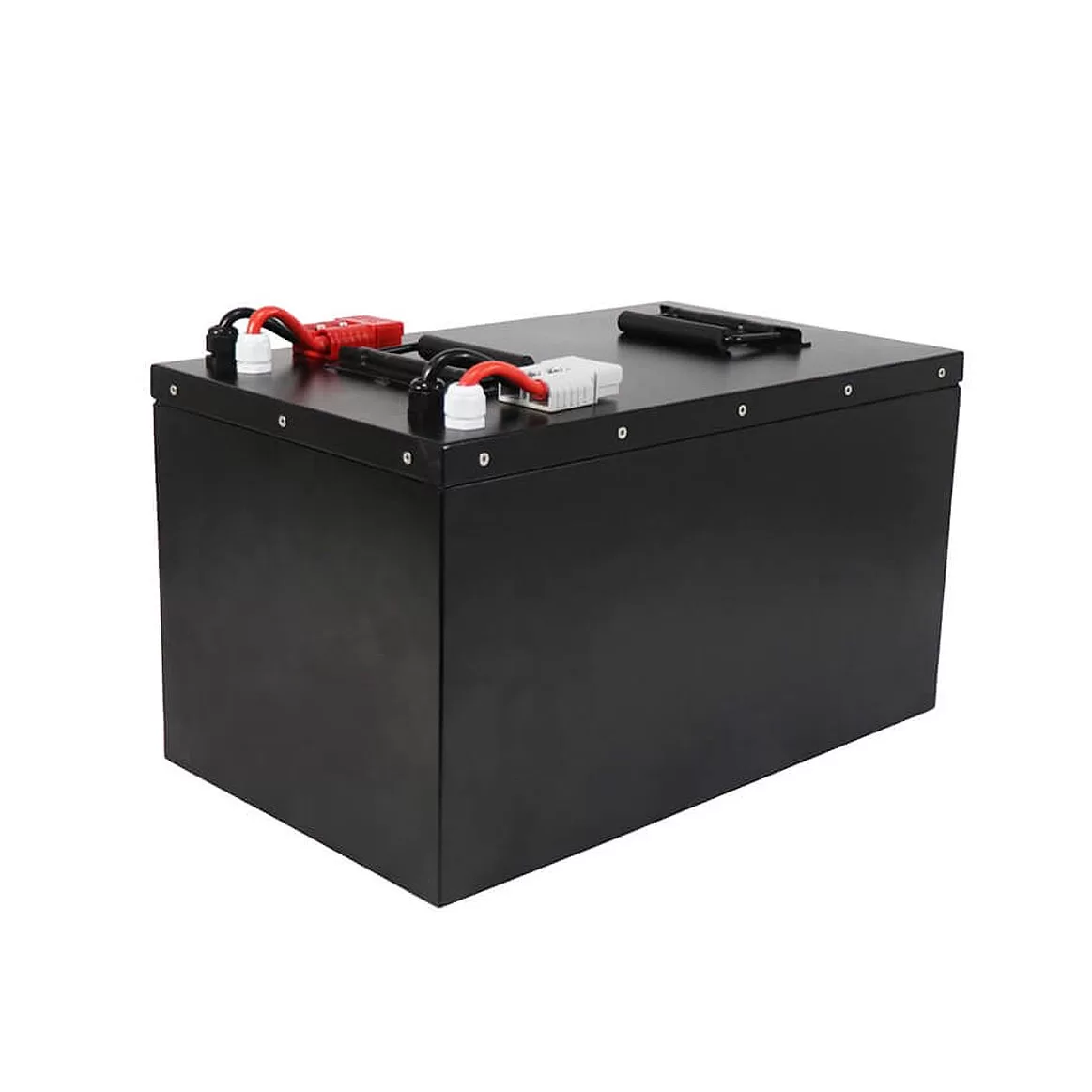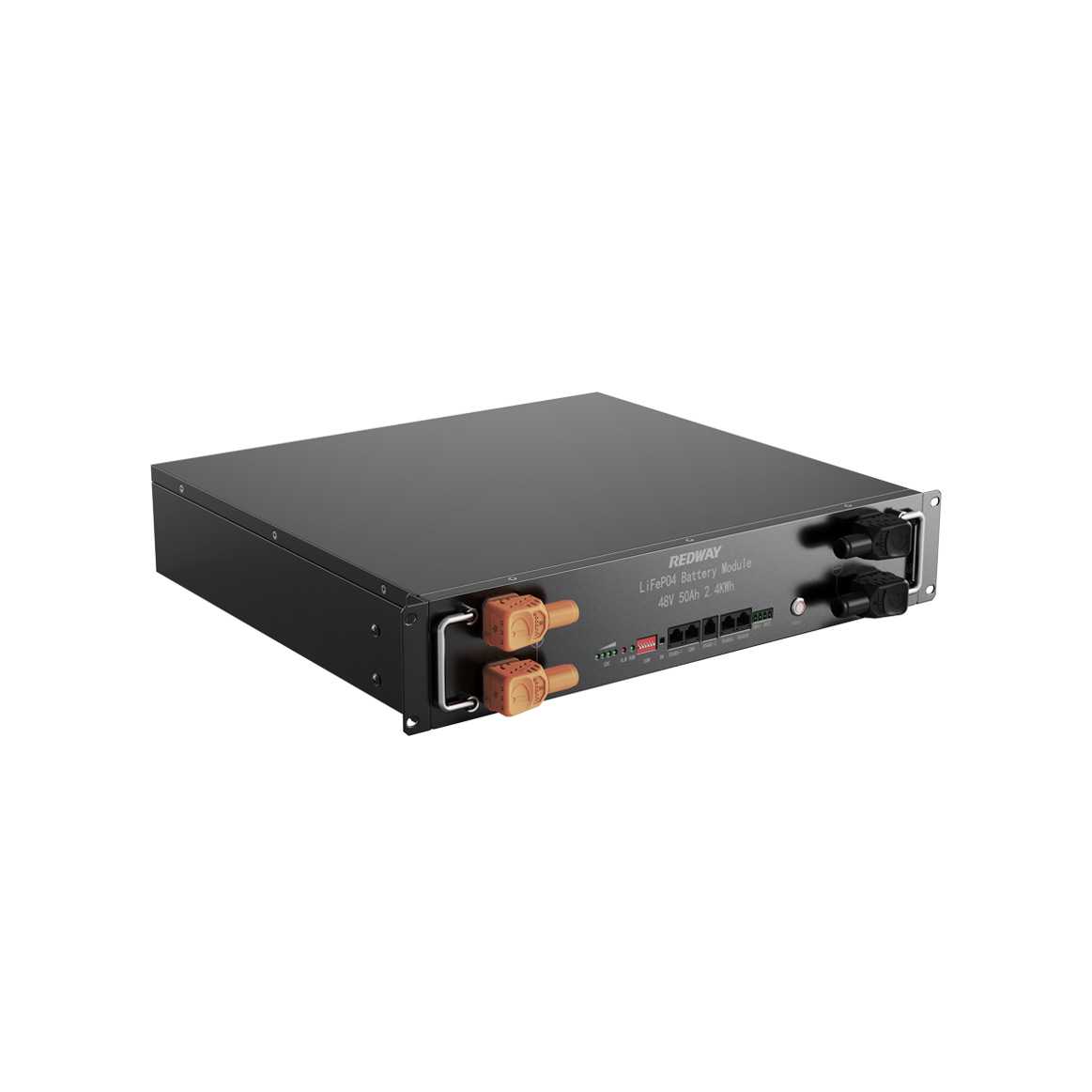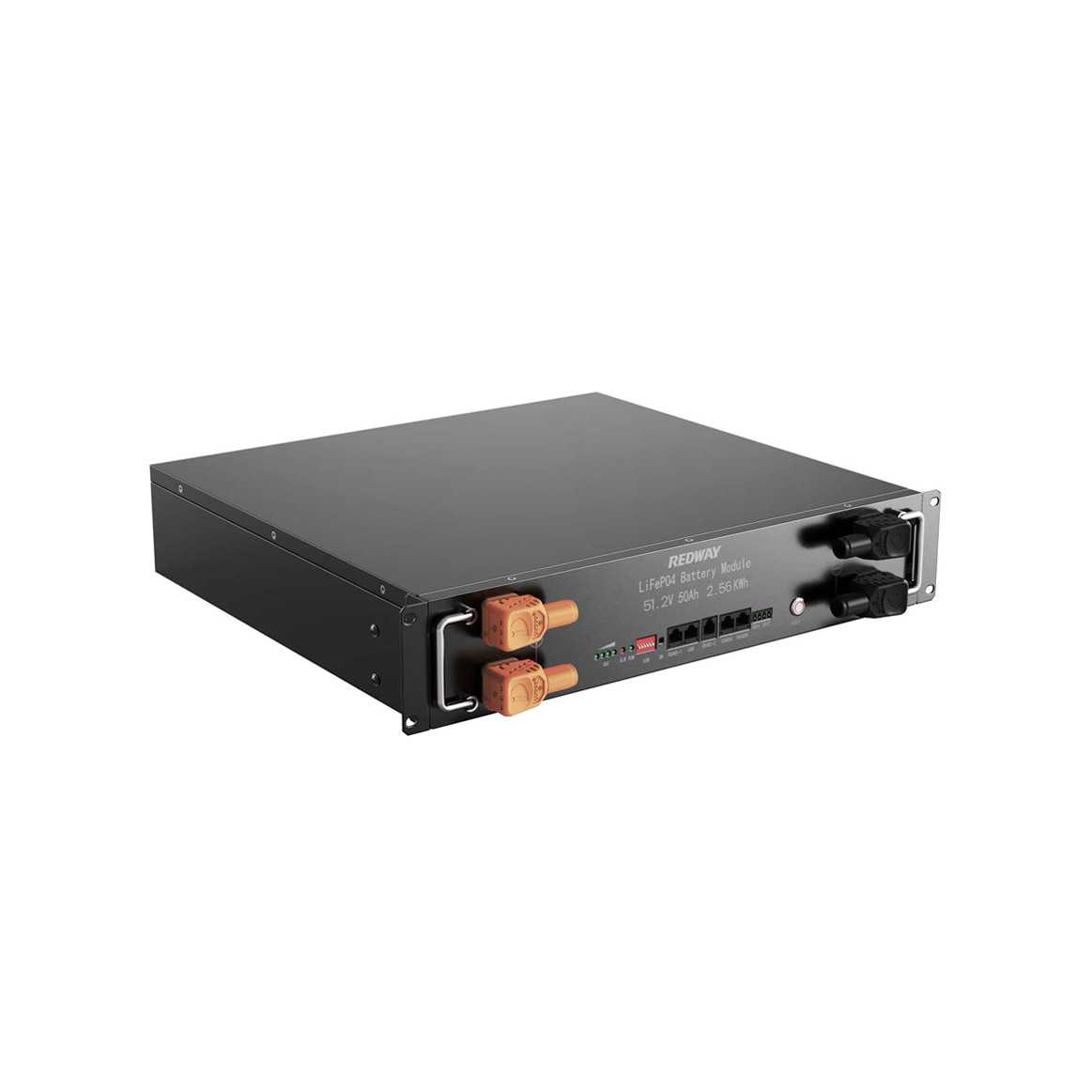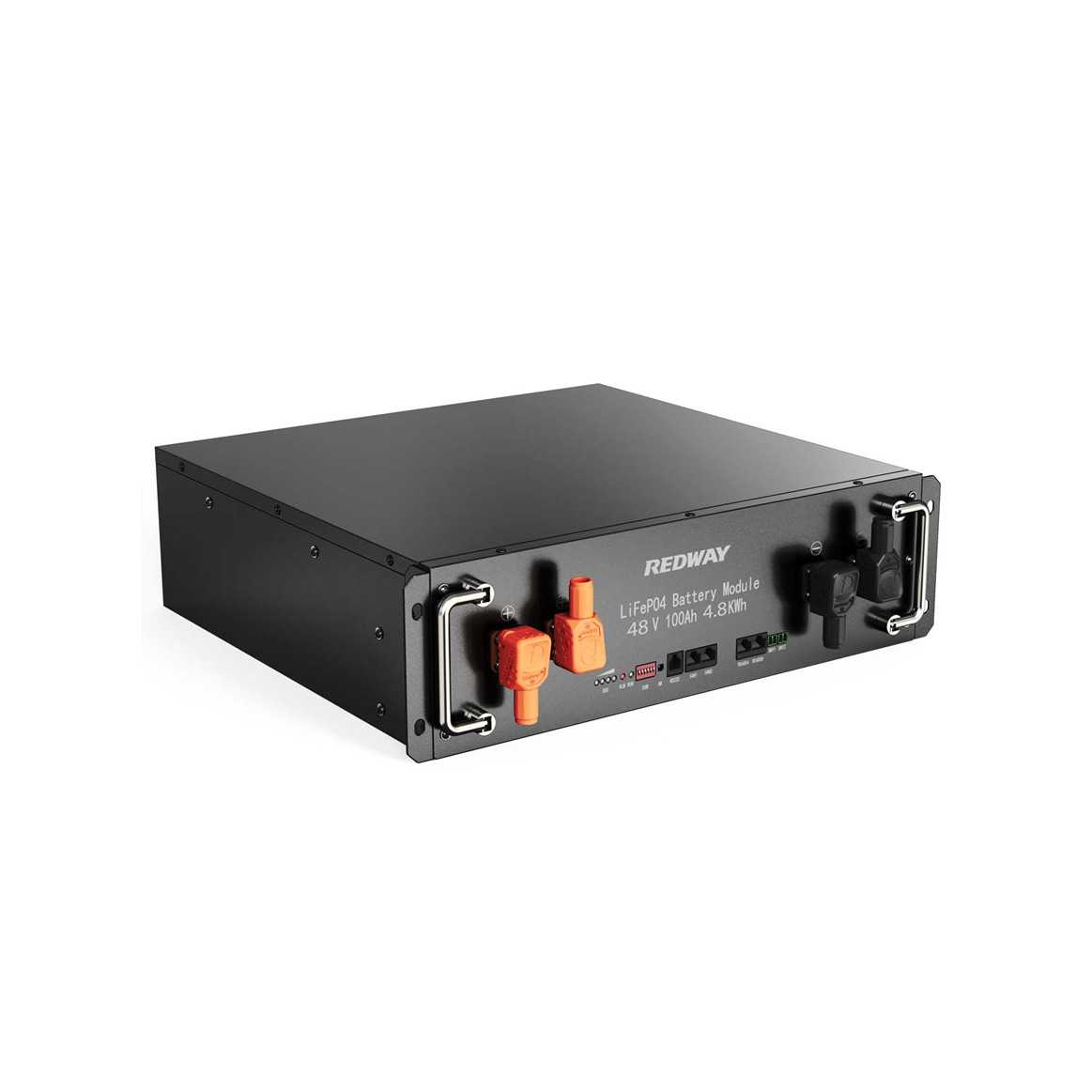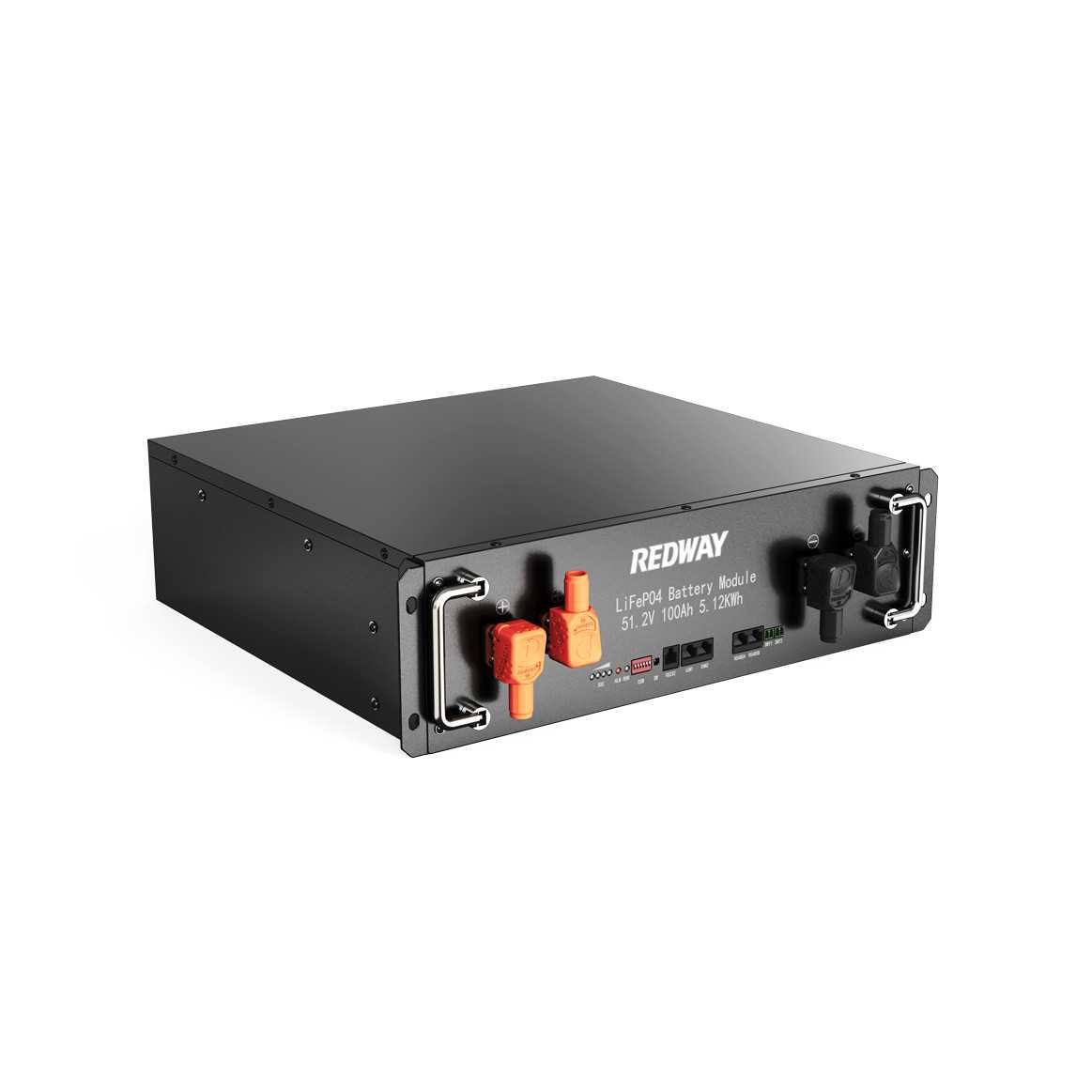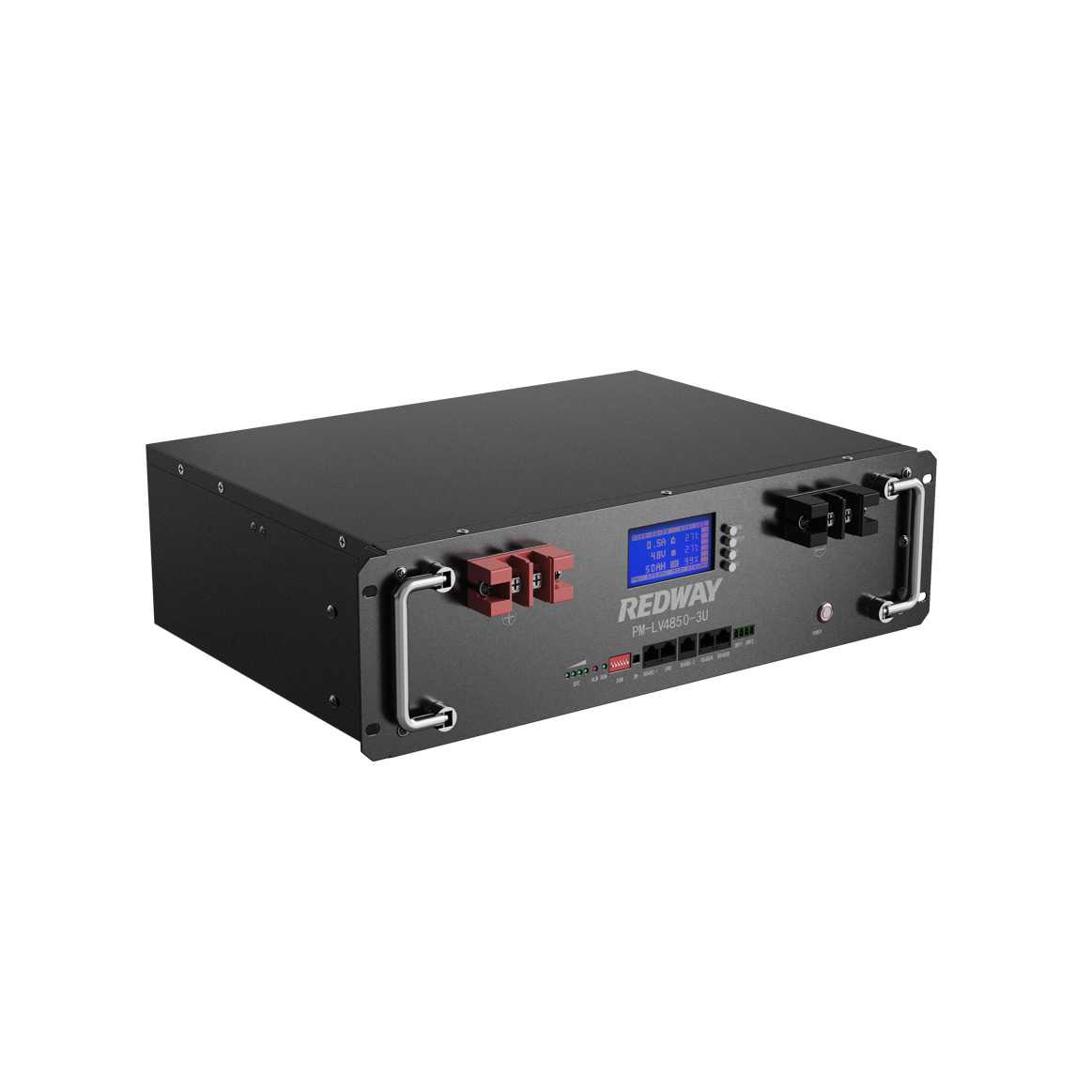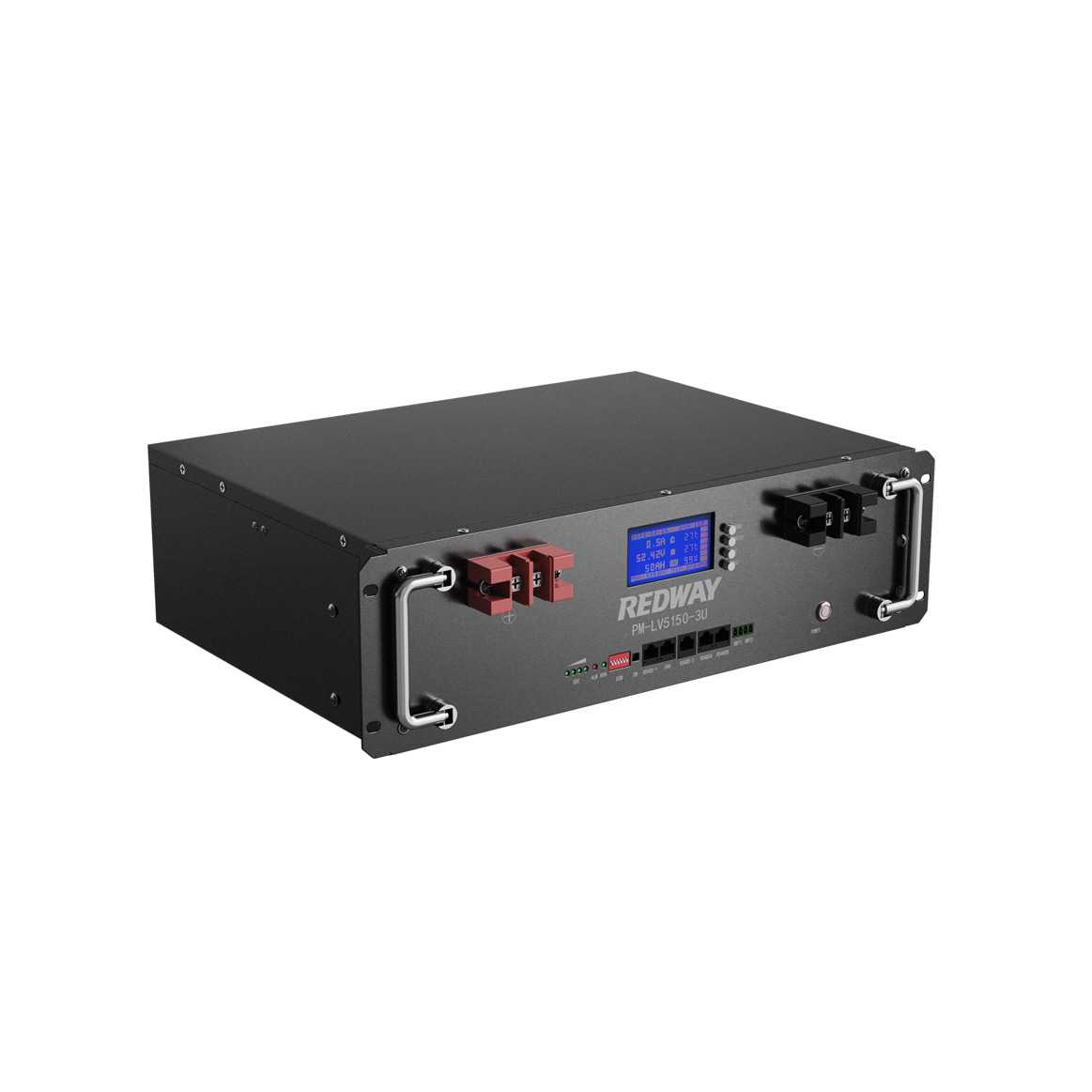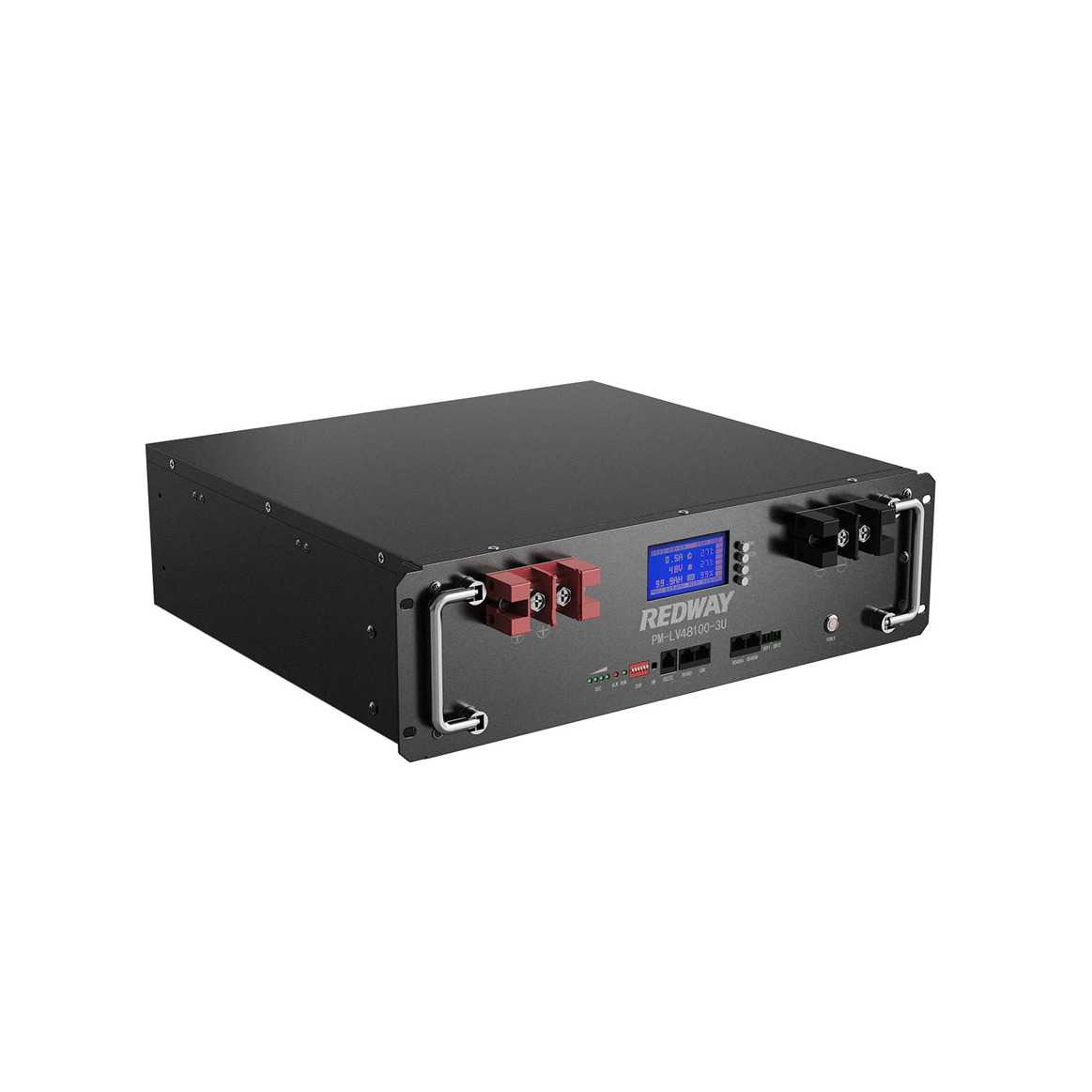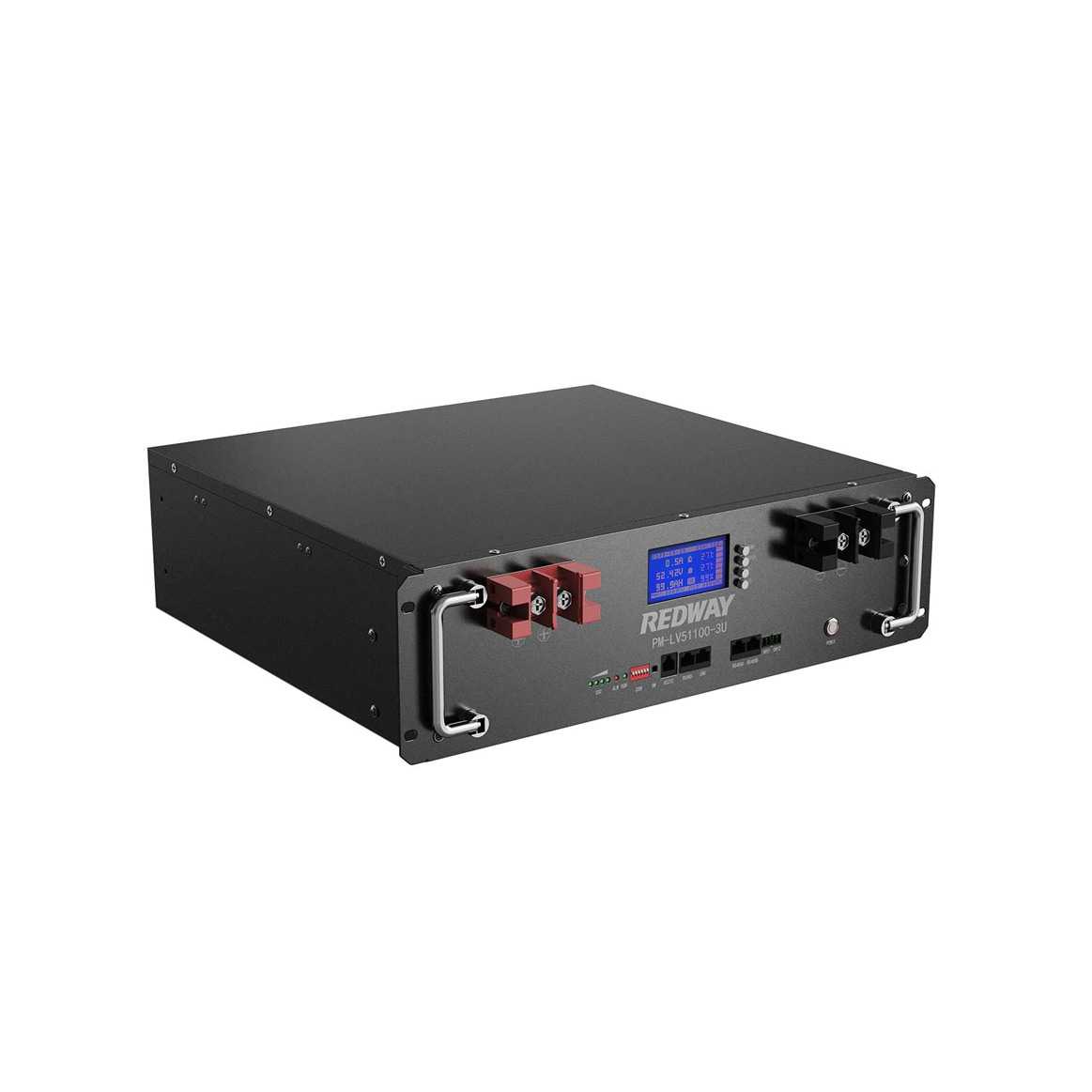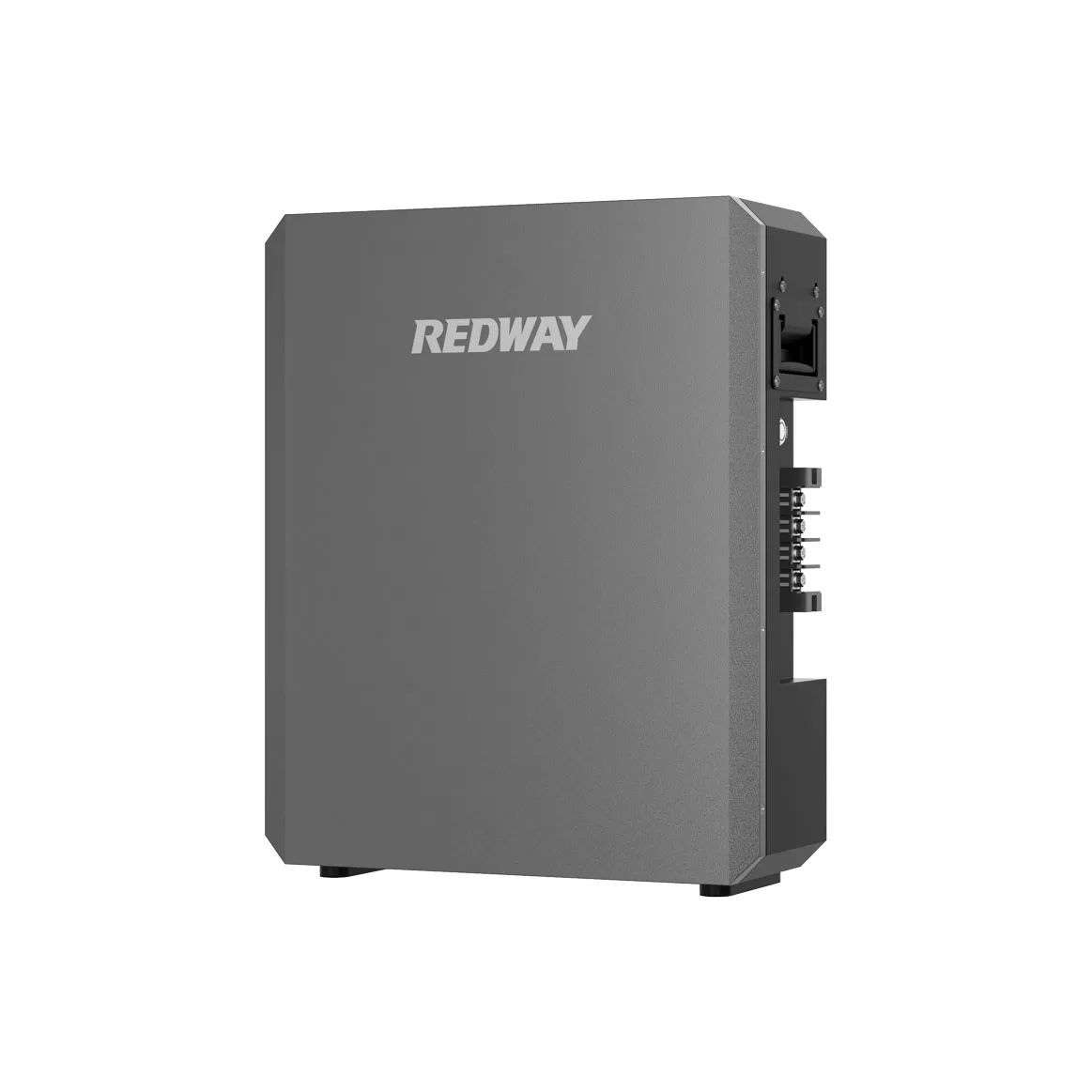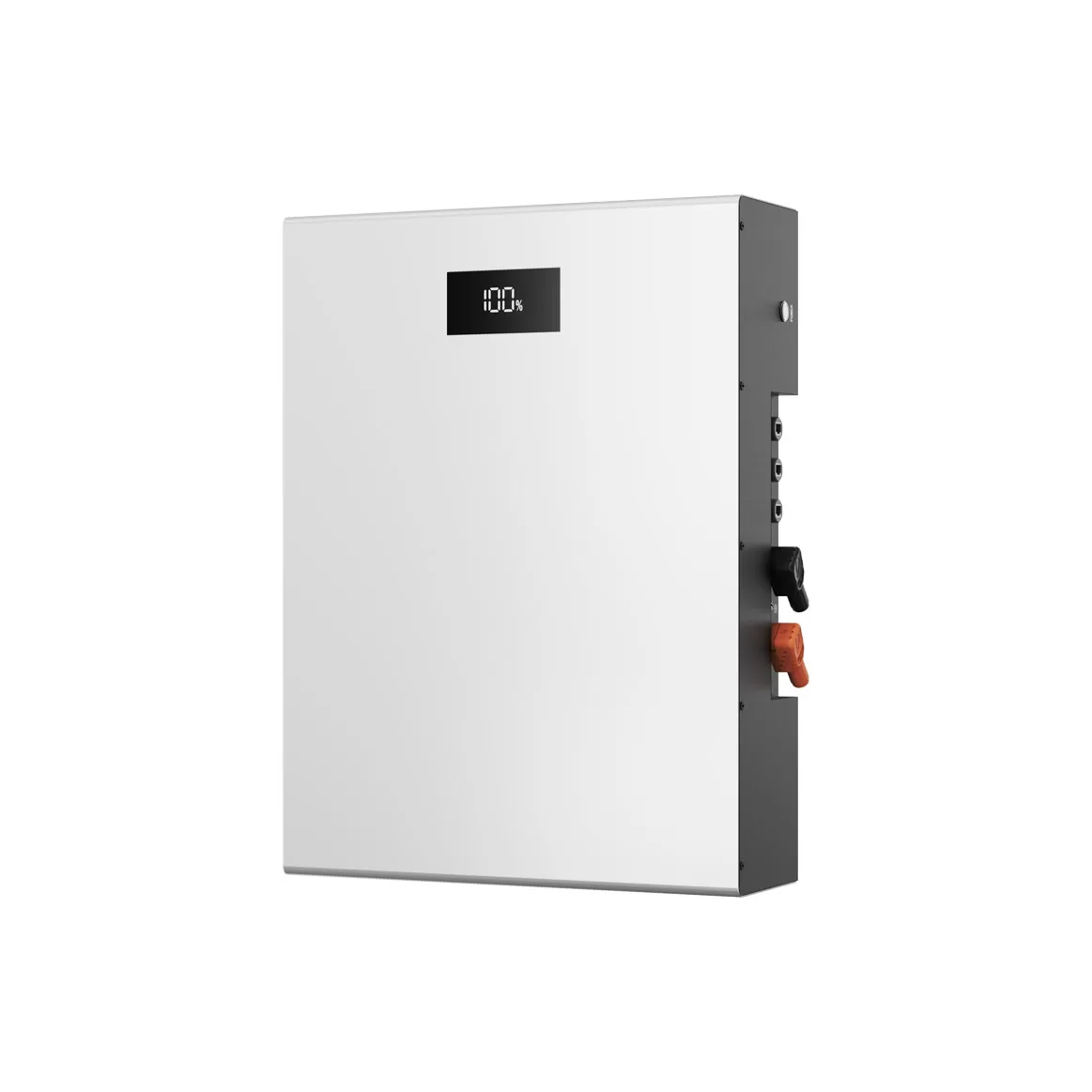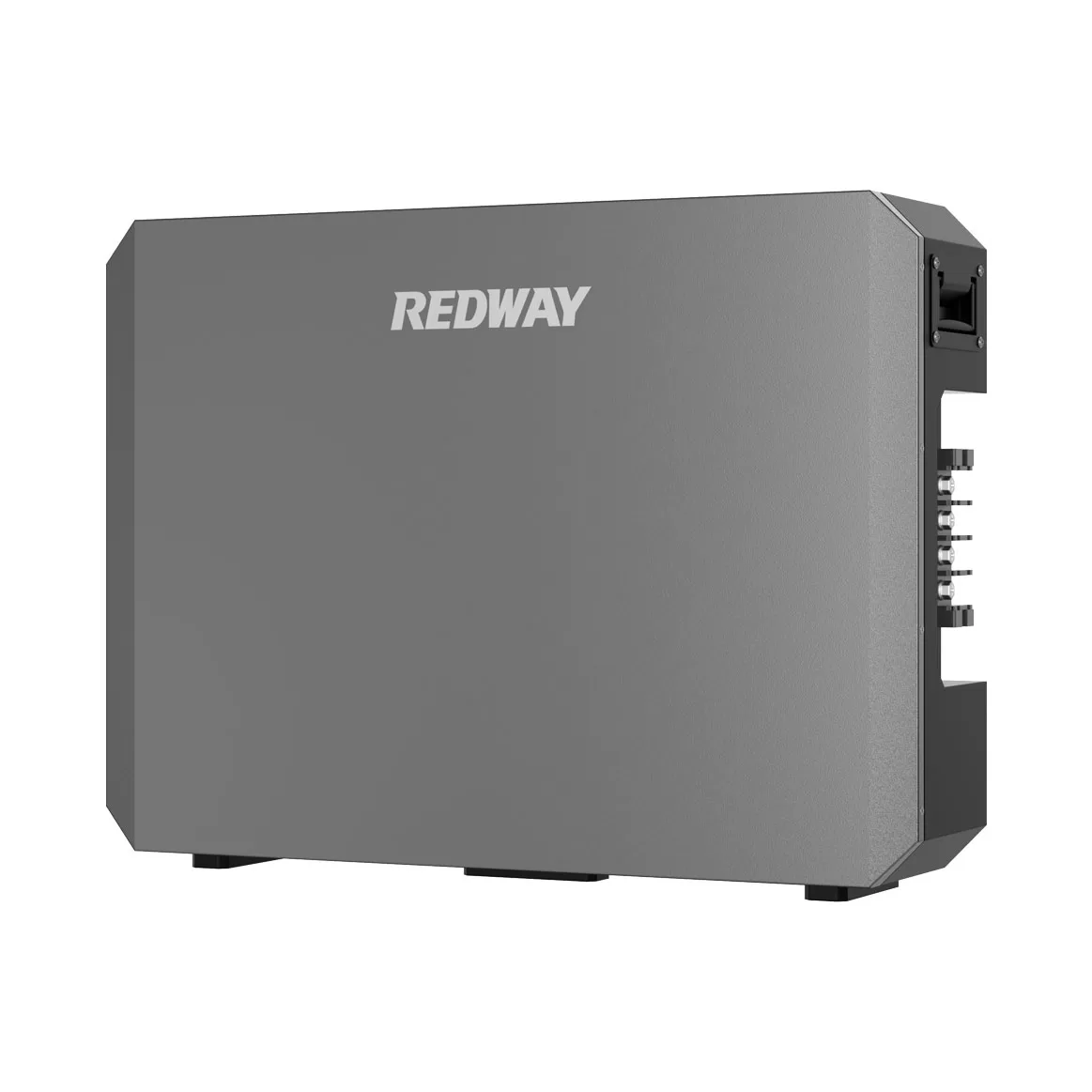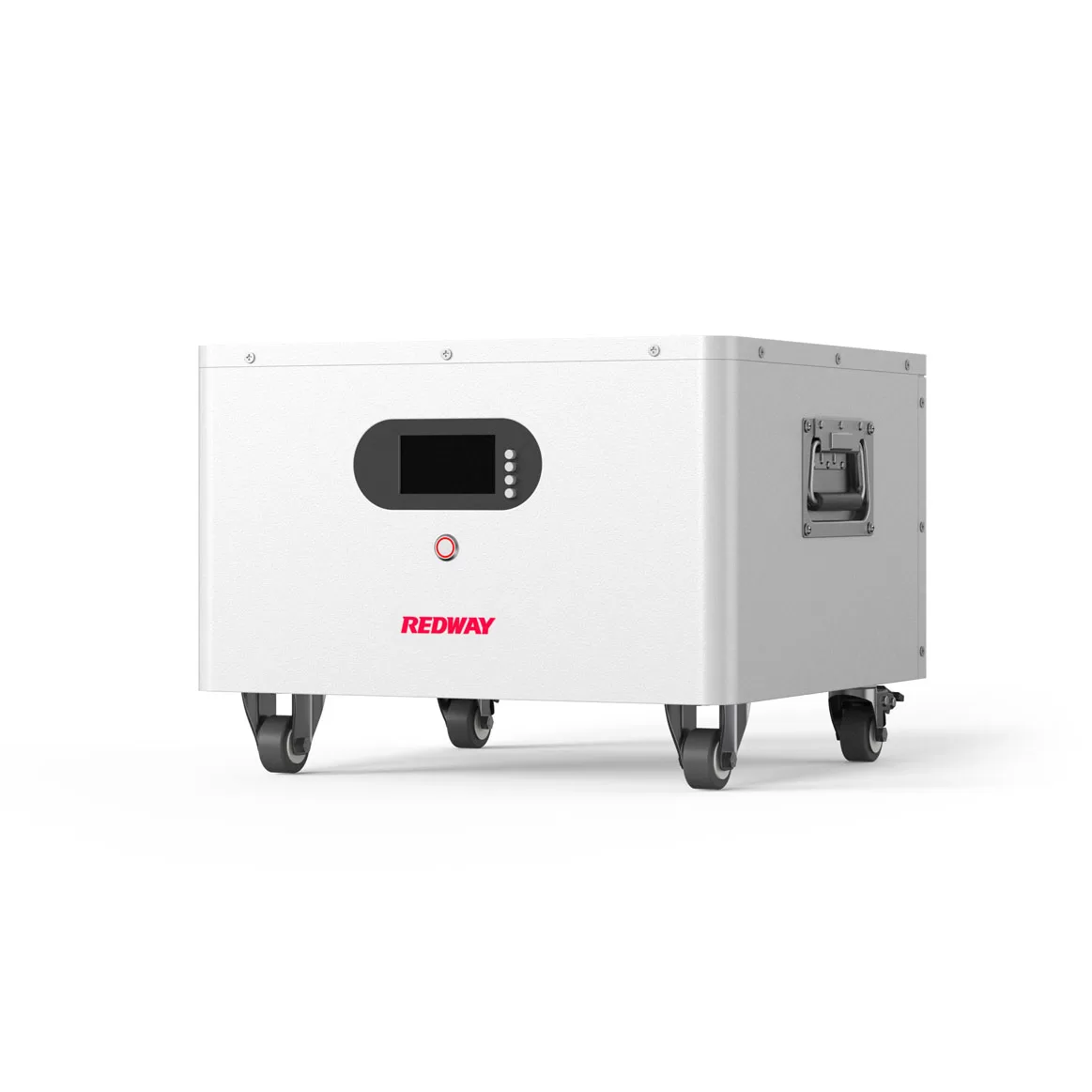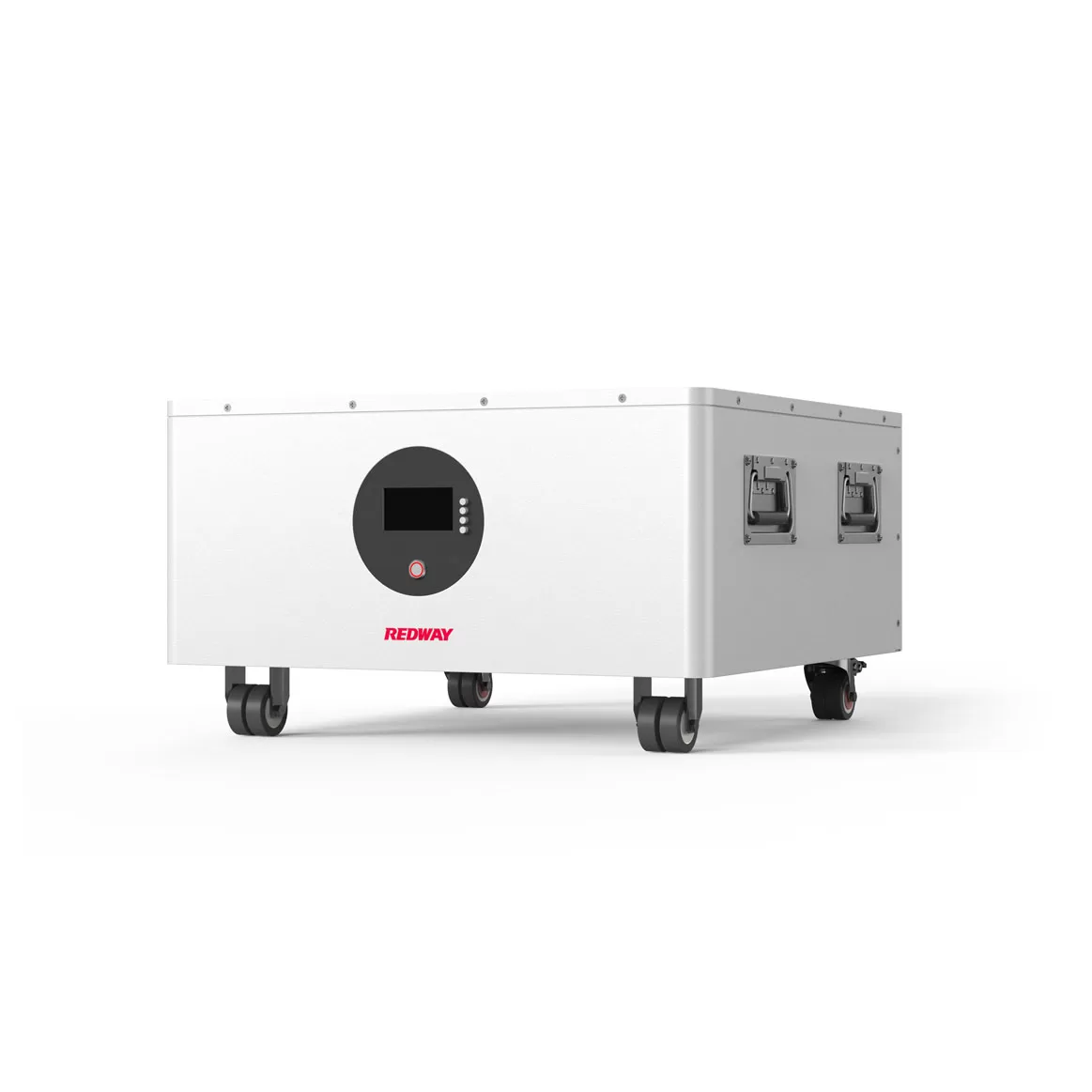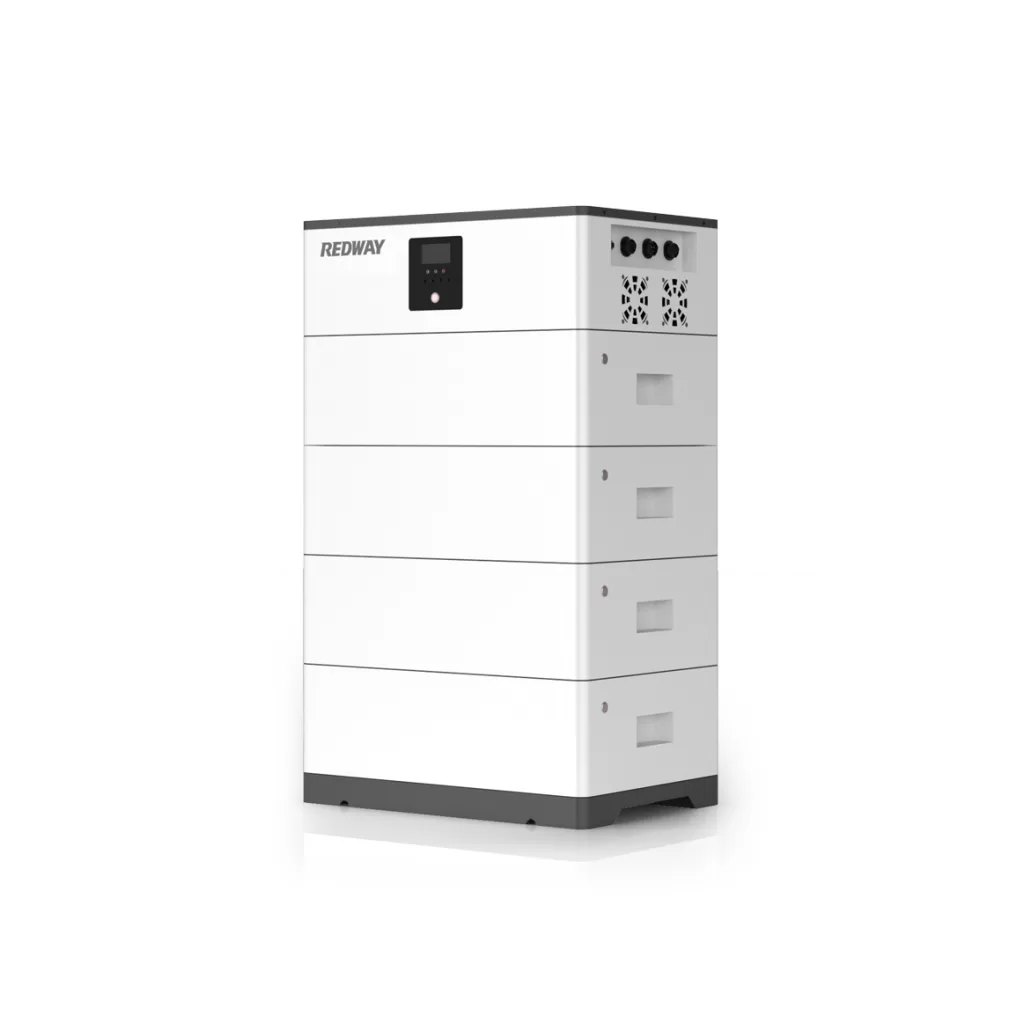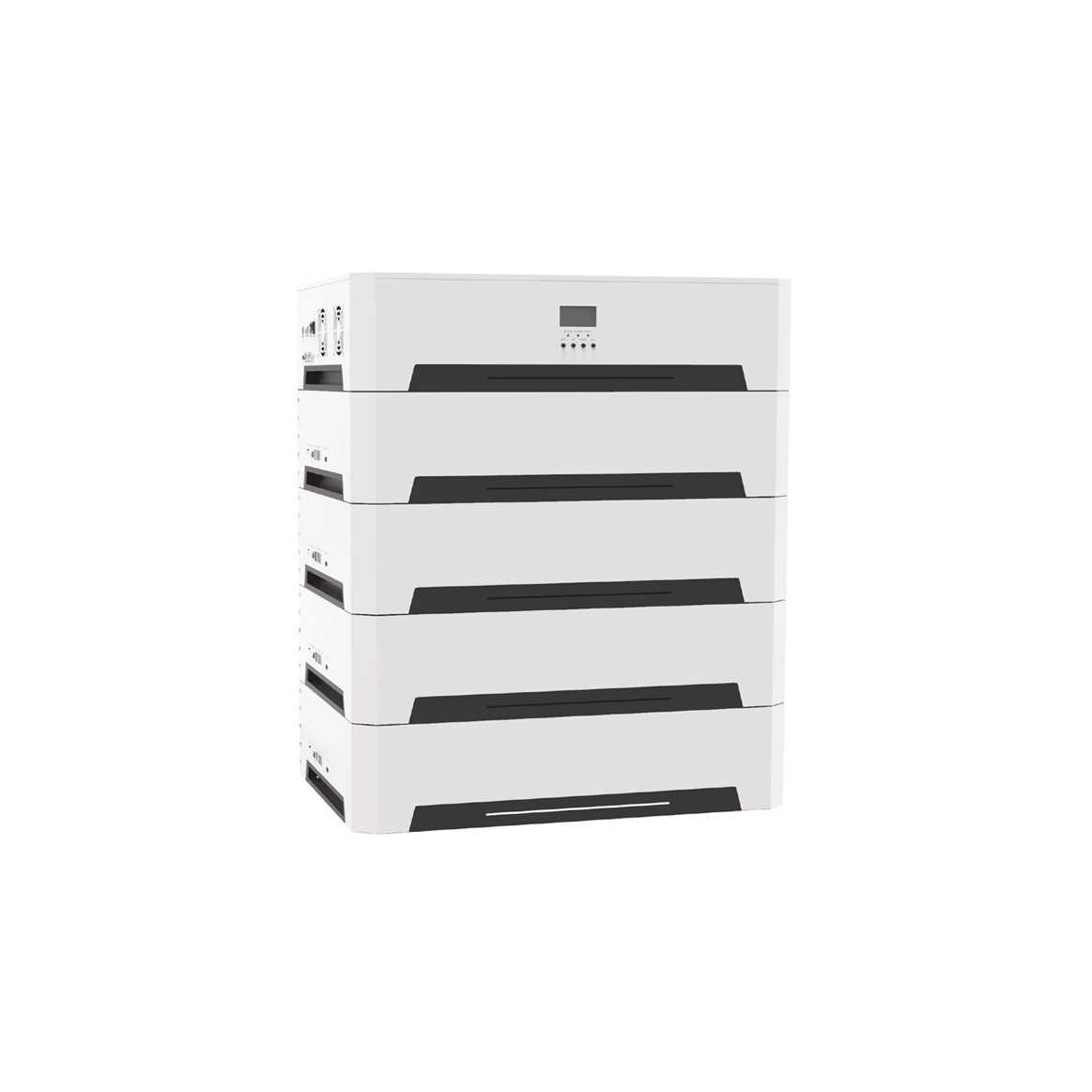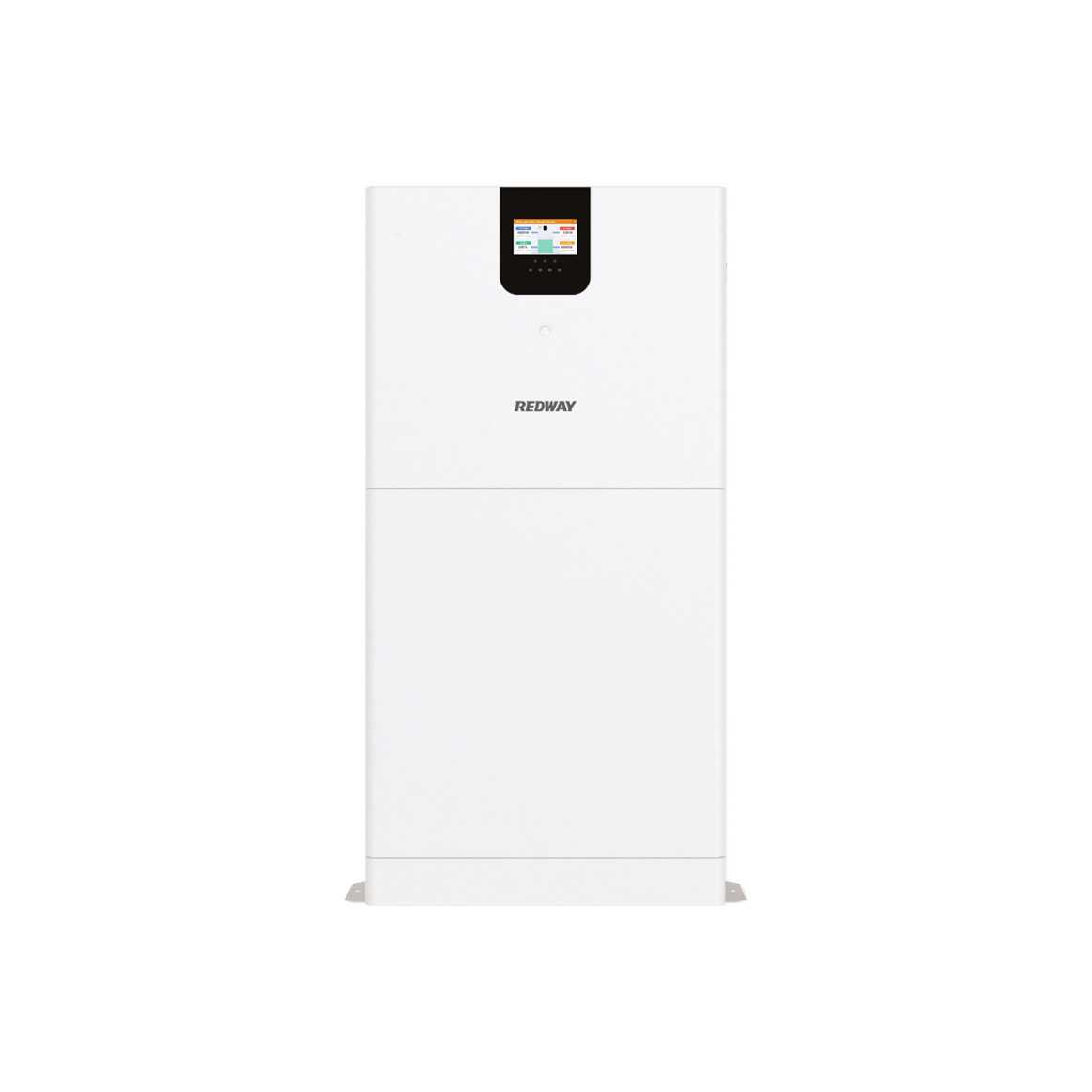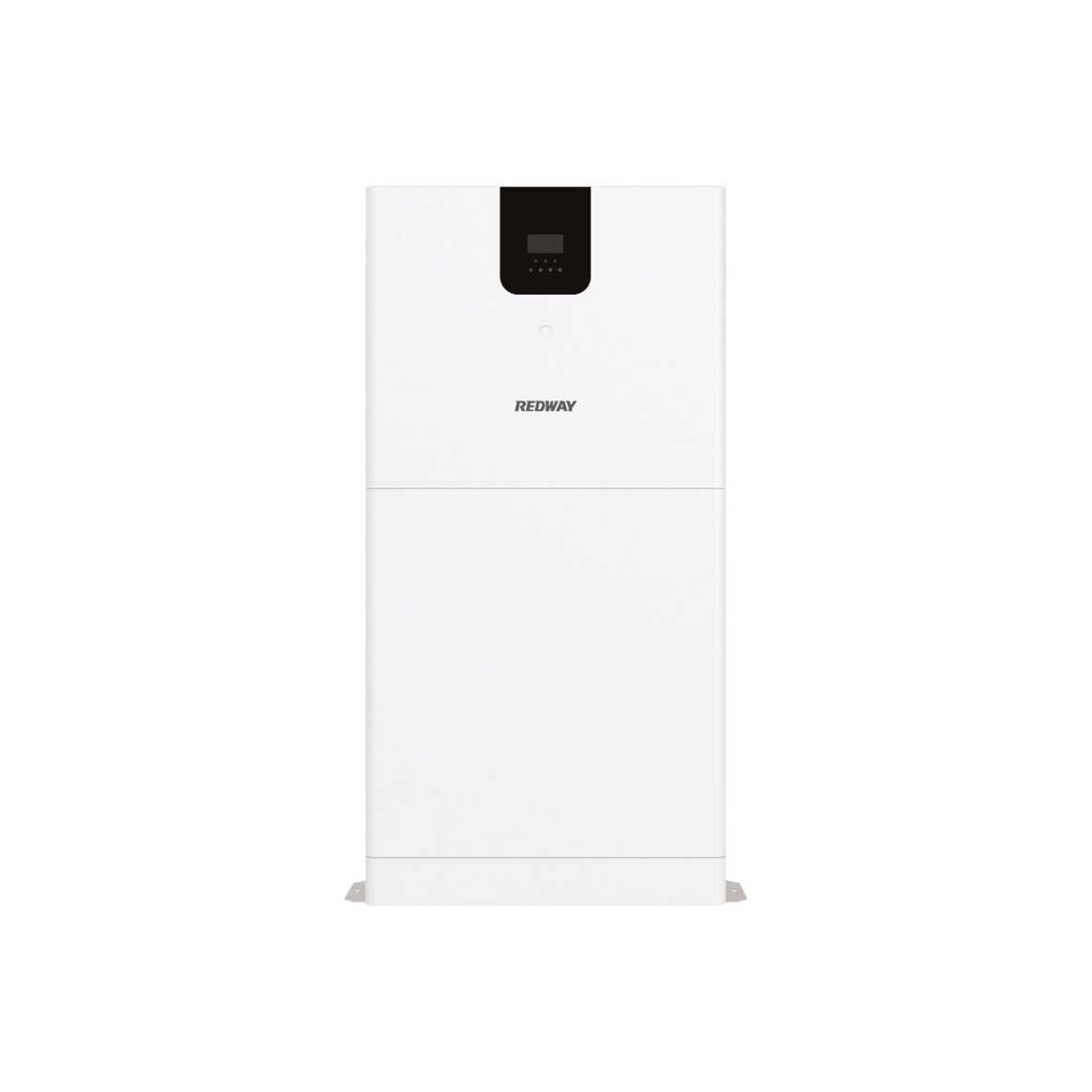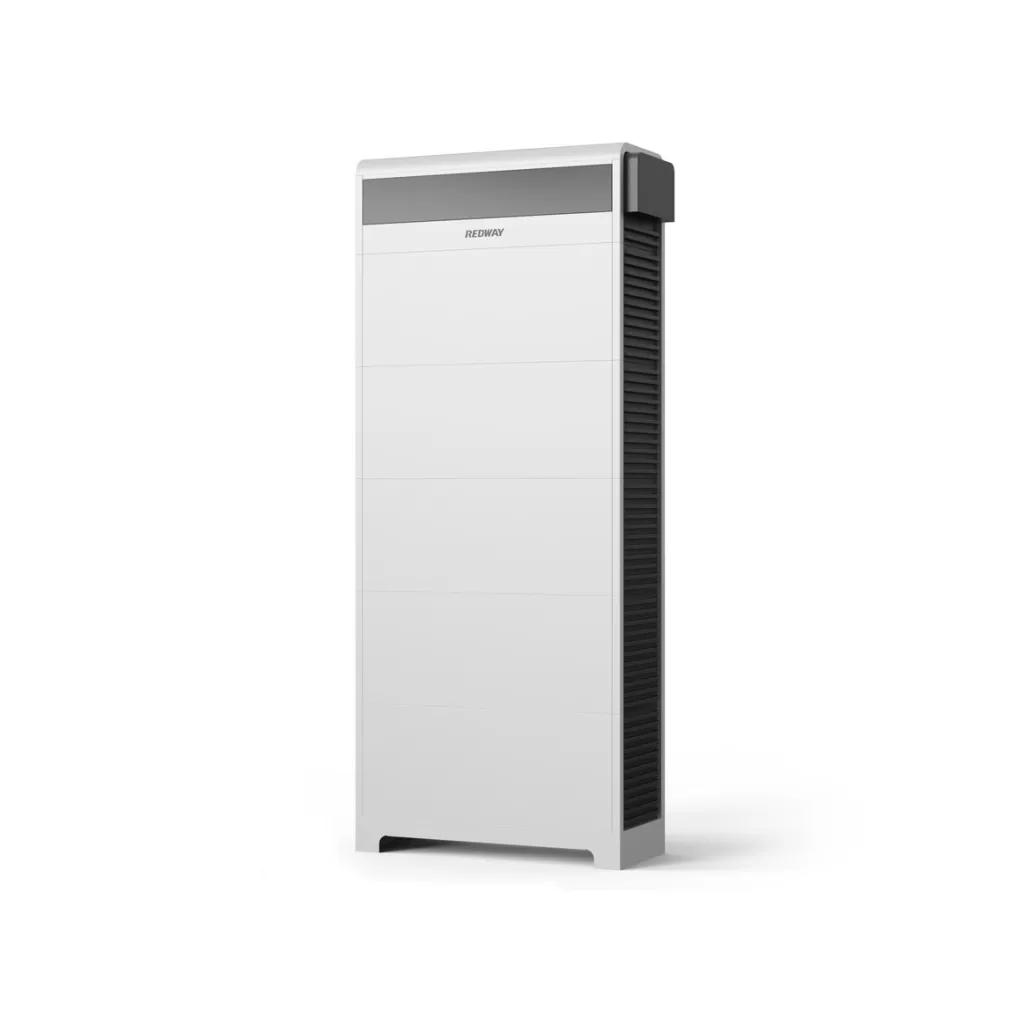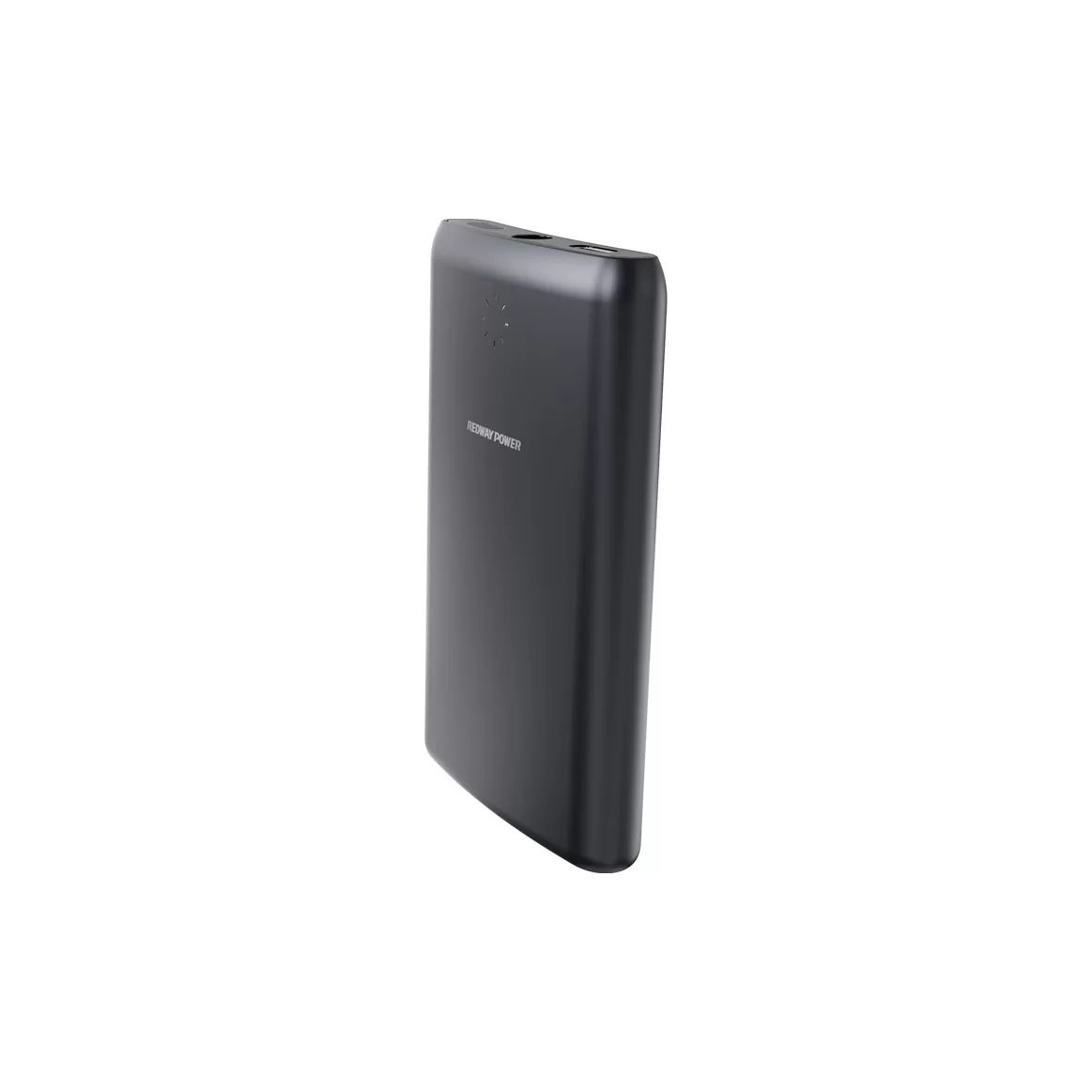Las baterías de litio de ciclo profundo son un tipo de batería recargable que está diseñada para proporcionar una fuente de energía constante y confiable durante un período prolongado de tiempo. Estas baterías se utilizan a menudo en aplicaciones que requieren energía a largo plazo, como vehículos recreativos, barcos, sistemas de energía solar y sistemas de energía fuera de la red.
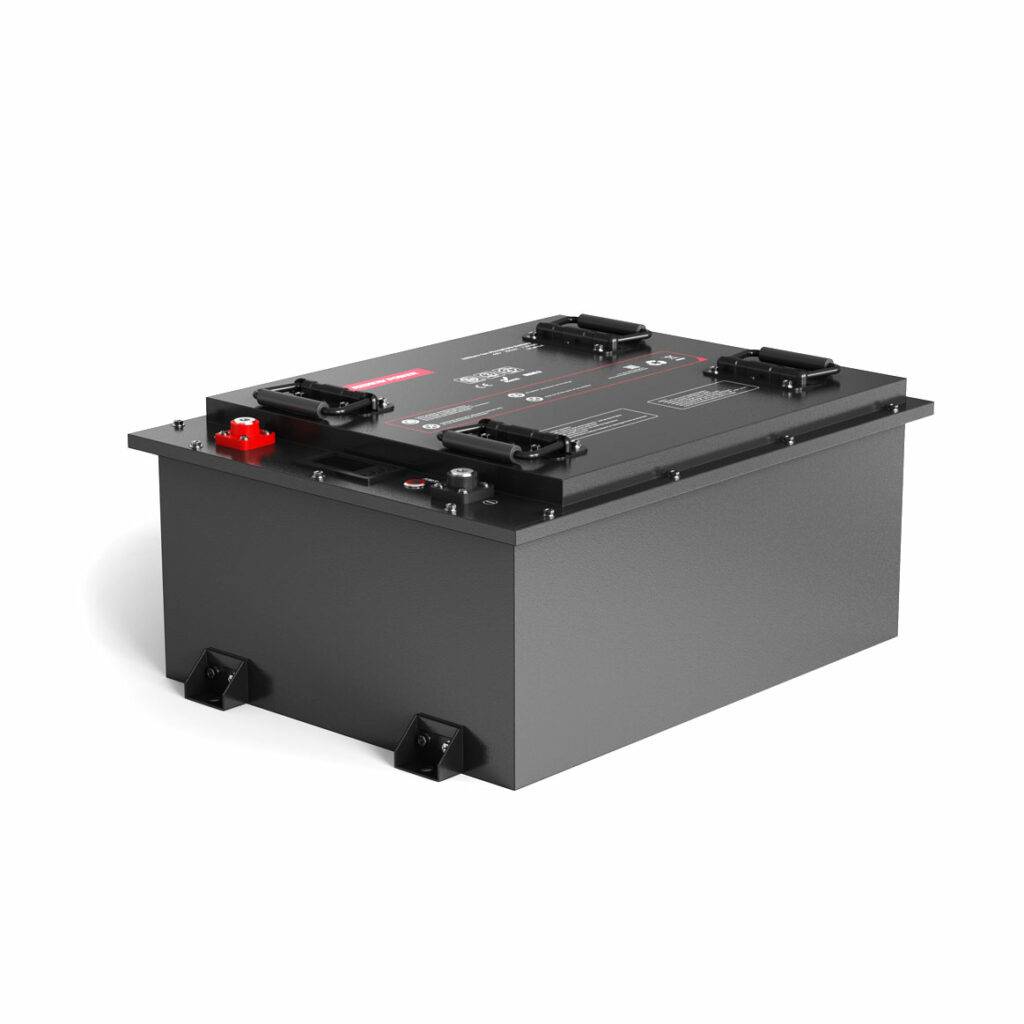
¿Qué es una batería de litio de ciclo profundo?
Una batería de litio de ciclo profundo es un tipo de batería recargable diseñada para proporcionar un flujo constante y constante de energía durante un período prolongado. A diferencia de las baterías tradicionales, que están diseñadas para ráfagas cortas de energía, las baterías de ciclo profundo se pueden descargar hasta en un 80% sin dañar las celdas ni reducir su vida útil.
El término “ciclo profundo” se refiere al proceso en el que la batería descarga su energía almacenada durante un período prolongado. Esto los hace ideales para su uso en aplicaciones donde se requiere energía continua, como vehículos recreativos, barcos, sistemas solares y vehículos eléctricos.
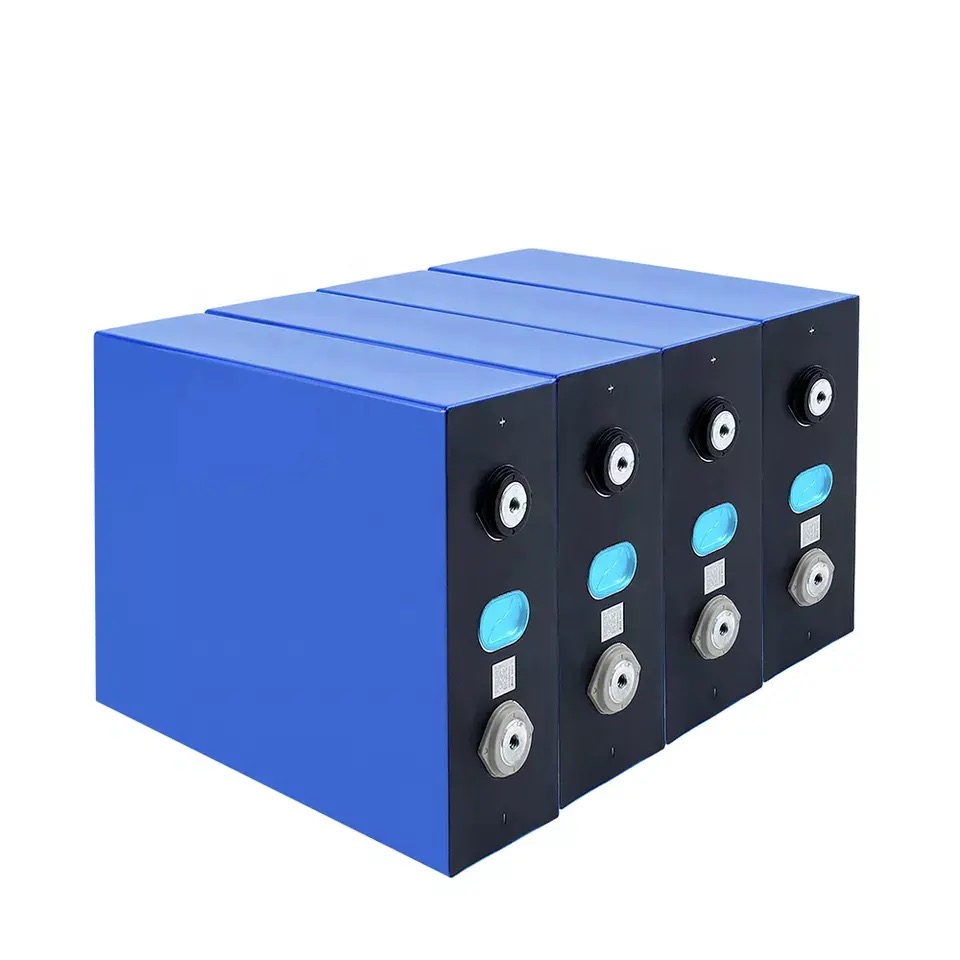
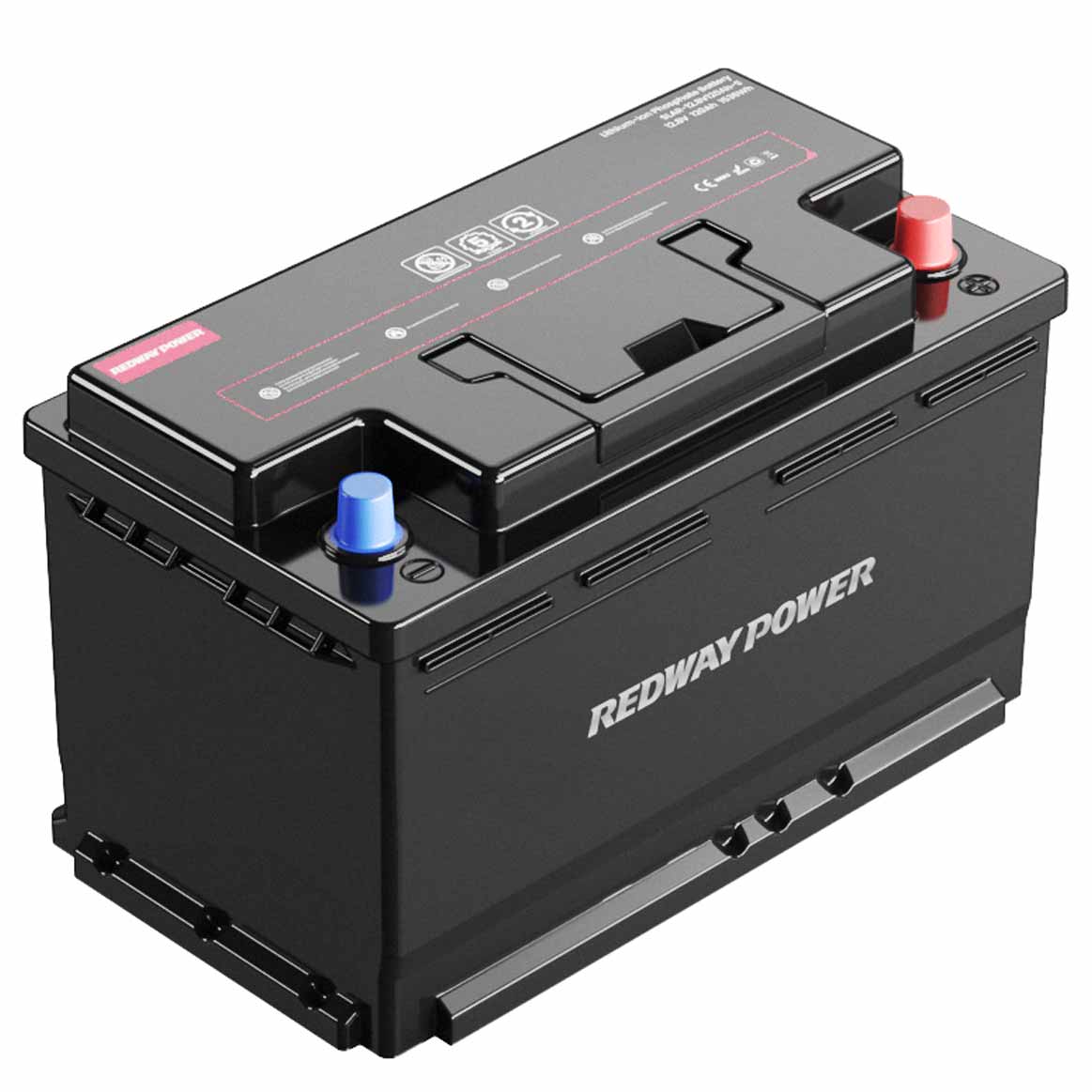
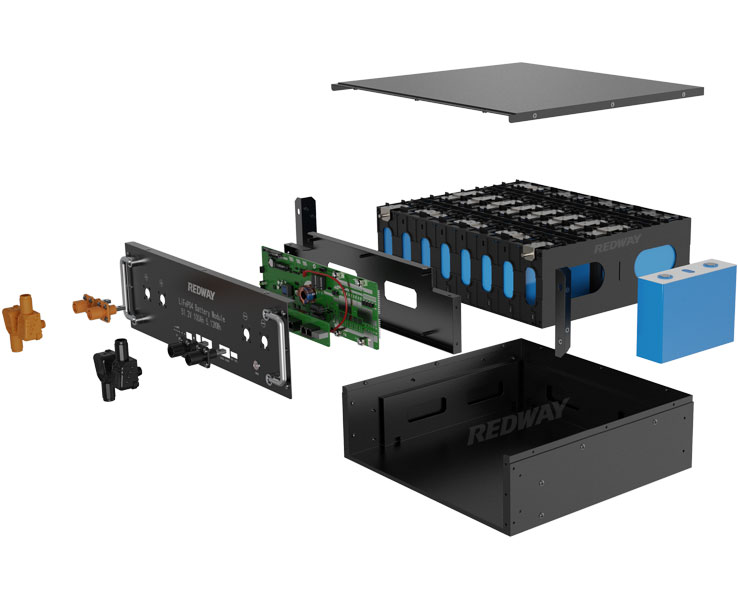
La tecnología de iones de litio ha revolucionado el mundo de las baterías de ciclo profundo al proporcionar una alternativa ligera y de alto rendimiento a las baterías de plomo-ácido. Las baterías de iones de litio tienen una mayor densidad energética que otros tipos de baterías recargables, lo que significa que pueden almacenar más energía en menos espacio.
Sin embargo, vale la pena señalar que no todas las baterías de litio son iguales: hay muchas químicas diferentes que se utilizan dentro de este tipo de celdas con diferentes características de rendimiento. Por lo tanto, es esencial investigar antes de comprar uno para asegurarse de obtener la mejor opción para sus necesidades.
¿Cómo funcionan las baterías de litio de ciclo profundo?
Las baterías de litio de ciclo profundo funcionan mediante una reacción química para producir energía eléctrica. La batería contiene dos electrodos, el ánodo y el cátodo, separados por un electrolito. Cuando la batería está conectada a un circuito, los electrones fluyen desde el terminal negativo del ánodo hasta el terminal positivo del cátodo.
Durante la descarga, los iones de litio se mueven del cátodo al ánodo a través del electrolito, creando un flujo de electrones que pueden alimentar dispositivos como botes o vehículos recreativos. Lo contrario ocurre durante la carga, donde los iones de litio vuelven a su posición original en el cátodo.
A diferencia de las baterías tradicionales de plomo-ácido que experimentan caídas significativas de voltaje a medida que se descargan, las baterías de litio de ciclo profundo mantienen voltajes estables durante todo el uso. Esto los hace más eficientes a la hora de suministrar energía constante durante largos períodos de tiempo sin experimentar una degradación significativa.
Las baterías de litio de ciclo profundo son altamente confiables y ofrecen un rendimiento superior en comparación con otros tipos de baterías recargables, además de ser livianas y no requieren mantenimiento. Sin embargo, es importante que los compradores entiendan lo que necesitan y busquen cuando busquen uno antes de tomar cualquier decisión de compra.
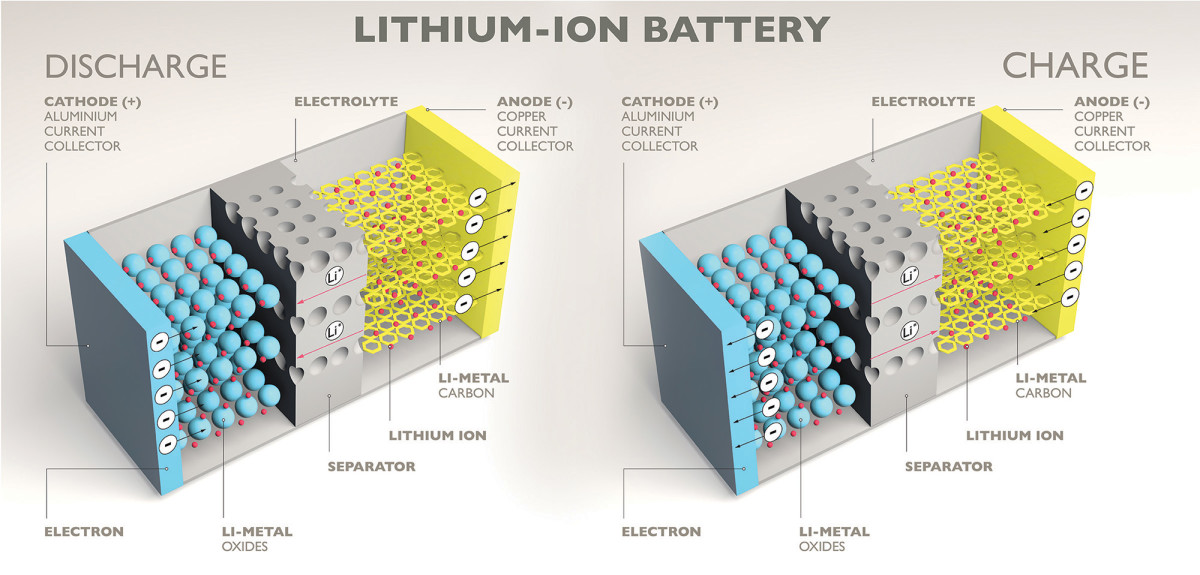
What is the life of a lithium deep cycle battery?
The life of a lithium deep cycle battery is one of its most attractive features. Unlike traditional lead-acid batteries, which may last three to five years on average, lithium deep cycle batteries can last up to ten years or more with proper care and maintenance.
However, the lifespan of a lithium deep cycle battery largely depends on several factors such as the quality of materials used in manufacturing the battery, charging and discharging cycles, temperature conditions during use and storage.
Lithium-ion batteries have a limited number of charge/discharge cycles before they start to degrade. This means that if you frequently discharge your battery completely before recharging it fully, this can reduce its overall lifespan.
To maximize the life span of your lithium deep cycle battery, it’s essential to follow manufacturer recommendations for charging rate and depth-of-discharge limits while also ensuring that you store your battery properly at all times.
Investing in a high-quality lithium deep cycle battery is worth considering due to their longer lifespans compared to other types of batteries.
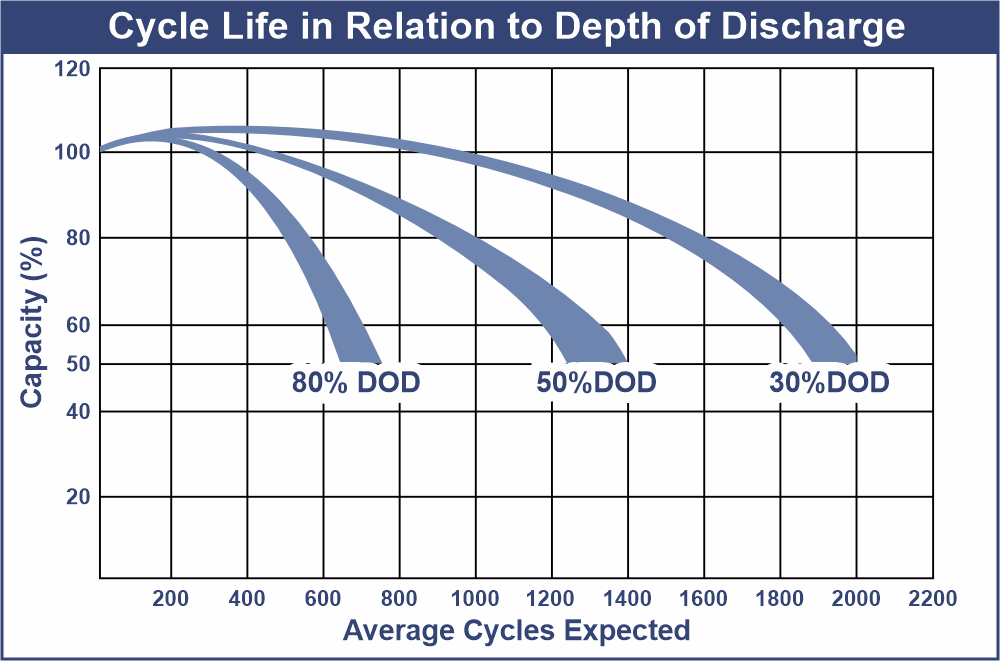
Are lithium deep cycle batteries worth it?
Are lithium deep cycle batteries worth it? This is a question that many people ask themselves when considering purchasing a new battery. The answer to this question depends on your specific needs and circumstances.
Lithium deep cycle batteries have several advantages over traditional lead-acid batteries. They are much lighter and more compact, making them easier to transport and store. Additionally, they have a longer lifespan than lead-acid batteries, meaning you won’t need to replace them as often.
However, with these benefits come higher costs. Lithium deep cycle batteries can be significantly more expensive than lead-acid batteries upfront, although the long-term cost savings may make up for this initial investment in some cases.
Furthermore, it’s important to consider what you will be using the battery for before deciding if it’s worth the investment. If you’re using it for occasional camping trips or weekend boating excursions, then an inexpensive lead-acid battery may suffice. However, if you rely heavily on your battery for off-grid living or running critical equipment during power outages, then investing in a high-quality lithium deep cycle battery could be worth every penny.
Ultimately, whether or not lithium deep cycle batteries are worth it depends on your individual needs and budget. It’s important to do your research and weigh the pros and cons carefully before making any purchase decisions.
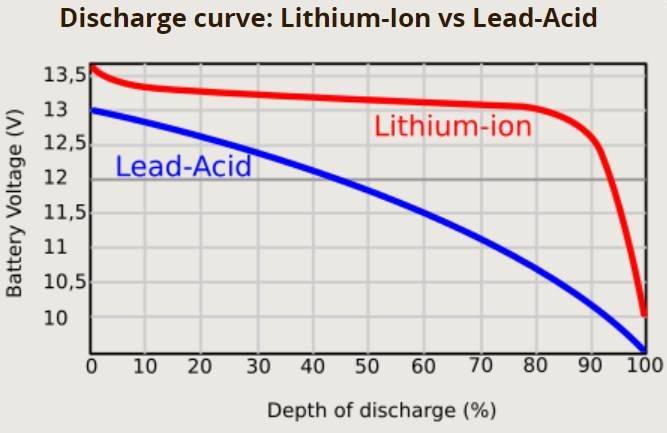
What to look for when buying a lithium deep cycle battery?
When shopping for a deep cycle lithium battery, there are several important factors to consider. The first is the capacity of the battery, which is measured in amp-hours (Ah). This determines how long your battery will last between charges. It’s important to choose a capacity that meets your needs without being excessive, as higher capacities can be more expensive.
Another factor to consider is the voltage of the battery. Most deep cycle batteries have a voltage of 12V or 24V, but it’s important to check what voltage your system requires before making a purchase.
The weight and size of the battery are also important considerations if you plan on moving it frequently or have limited space available for installation.
It’s also crucial to choose a reputable brand with good customer reviews and warranties. A reliable manufacturer will ensure that their products meet safety standards and are designed with longevity in mind.
Consider whether you need additional features such as overcharge protection or built-in monitoring systems that allow you to track the performance of your battery over time. These features may add cost upfront but can save money in the long run by preventing damage and maximizing lifespan.
What is the biggest problem with lithium batteries?
While deep cycle lithium batteries have revolutionized the way we store and use energy, they do come with their own set of challenges. One of the biggest problems with lithium batteries is their sensitivity to temperature fluctuations. Extreme hot or cold temperatures can significantly reduce the battery’s performance and lifespan.
Moreover, improper charging or discharging can also damage lithium batteries. Overcharging, undercharging, or leaving a battery discharged for an extended period can cause irreversible damage to its cells.
Despite these challenges, deep cycle lithium batteries remain a popular choice for those who need reliable and long-lasting power storage solutions. With proper care and maintenance, these batteries can provide years of trouble-free service.
If you’re in the market for a deep cycle lithium battery, be sure to consider your specific needs and requirements before making a purchase decision. Look for reputable brands that offer high-quality products backed by solid warranties and customer support. By doing so, you’ll ensure that you get the best value for your money while enjoying all the benefits that deep cycle lithium batteries have to offer!
Overall, deep cycle lithium batteries are a great choice for applications that require a reliable and long-lasting source of power. They offer high energy density, long lifespan, fast charging, lightweight design, and low self-discharge rate, although they can be more expensive than other types of batteries.
Related Posts
- ¿Vale la pena invertir para los gerentes de hoteles en la batería de litio LiFePO4 de 20 KWh, 205 V CC y 100 Ah? Un análisis costo-beneficio.
- ¿Tesla utiliza LiFePO4? OEM de la fábrica del fabricante de la batería LiFePO4 de 48V 50Ah
- ¿Tesla utiliza baterías LiFePO4?
- ¿Son las baterías LiFePO4 más seguras que otras baterías de iones de litio?
- ¿Se pueden congelar las baterías LiFePO4? Consejos para prevenir daños por frío
- ¿Se pueden cargar las luces solares cuando están apagadas? Esto es lo que necesitas saber
